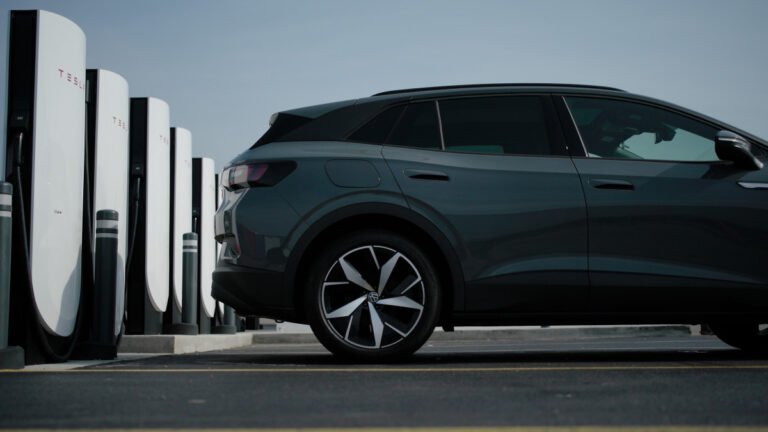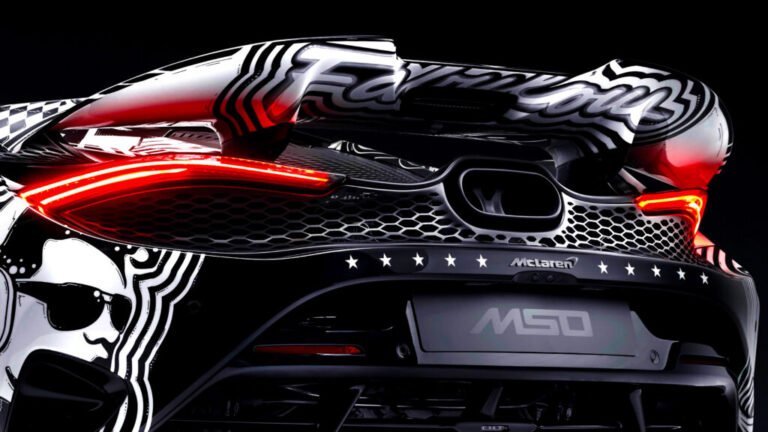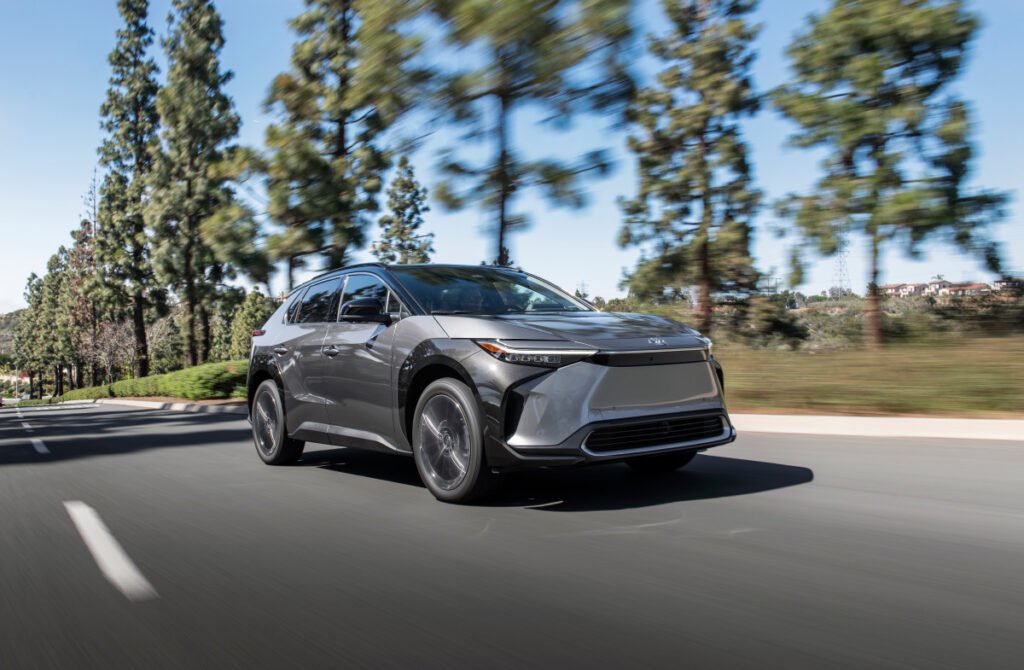
Delayed, Yet Again
Automakers are uncertain about the EV future as sales are cooling off across all levels. We’ve seen several OEMs go back and forth between investing in EVs and delaying those plans, citing a variety of reasons. While many of their explanations sound very corporate-like, some reflect genuine concerns.
Toyota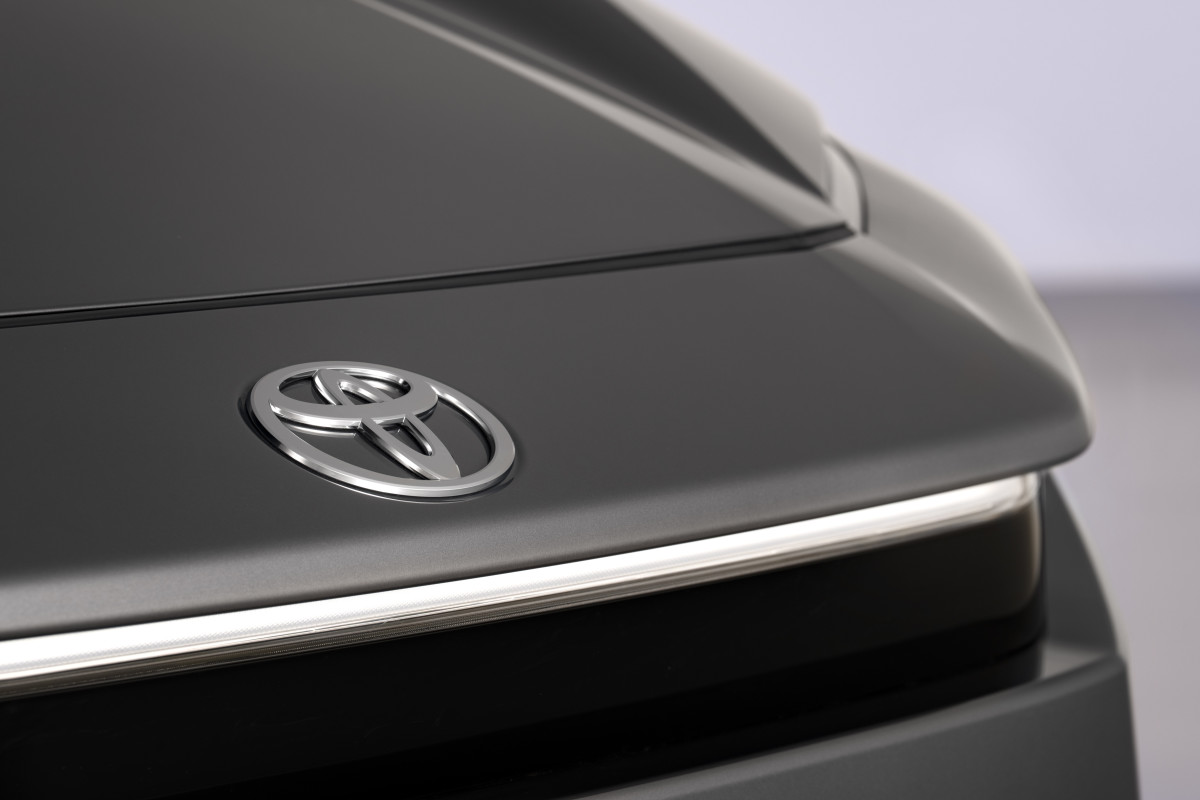
Take Toyota, for instance. The Japanese carmaker, while still betting on EVs, has now, for the second time, delayed its plan to build a new factory dedicated to EV batteries. The site, located in an industrial zone near northeastern Fukuoka, saw its first delay in March, citing falling EV demand. Work has been postponed for the second time, as confirmed by both the governor of Fukuoka and Toyota President Koji Sato.
The timing of the news, as reported by Nikkei Asia, may have something to do with Toyota’s latest earnings forecast. The Japanese auto giant has slashed its global EV sales projection to 277,000 units, 10 percent lower than its August estimate.
Toyota’s EV Struggles Continue
Things in the U.S. are not great either, with appalling EV sales figures across the entire Toyota and Lexus lineup. This is partly due to the federal EV tax credit going away, and partly because the EVs themselves aren’t exactly crowd favorites. Not helped by the fact that Toyota had to recall nearly 100,000 vehicles, including the bZ4X, Lexus RZ, and Subaru Solterra—EVs that share the same platform.
Toyota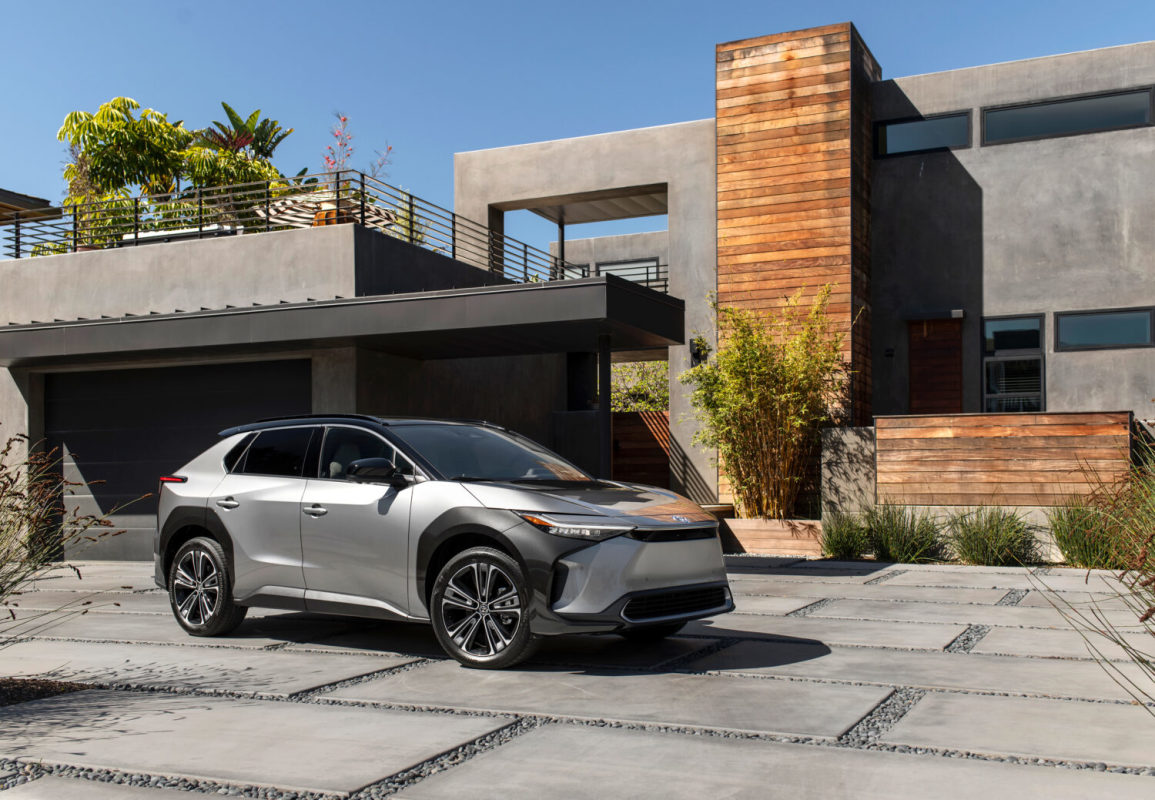
Also, things weren’t any different in September, even when the $7,500 tax credit was available. When most major OEMs were reporting record EV sales as people were rushing to claim the federal incentive, Toyota managed to shift just 147 units of its all-electric EVs, and that includes the Lexus RZ. This translates to an over 90 percent decline in year-over-year sales. No wonder Toyota is scaling back its BEV plans.
However, the company is looking to turn its EV fortunes around with an updated 2026 BZ crossover that promises up to 314 miles of driving range. Two other electric SUVs, the 2026 C-HR and BZ Woodland, are also slated to hit U.S. shores next year. Still, with EV demand facing headwinds, it’s uncertain whether the bet will pay off.
